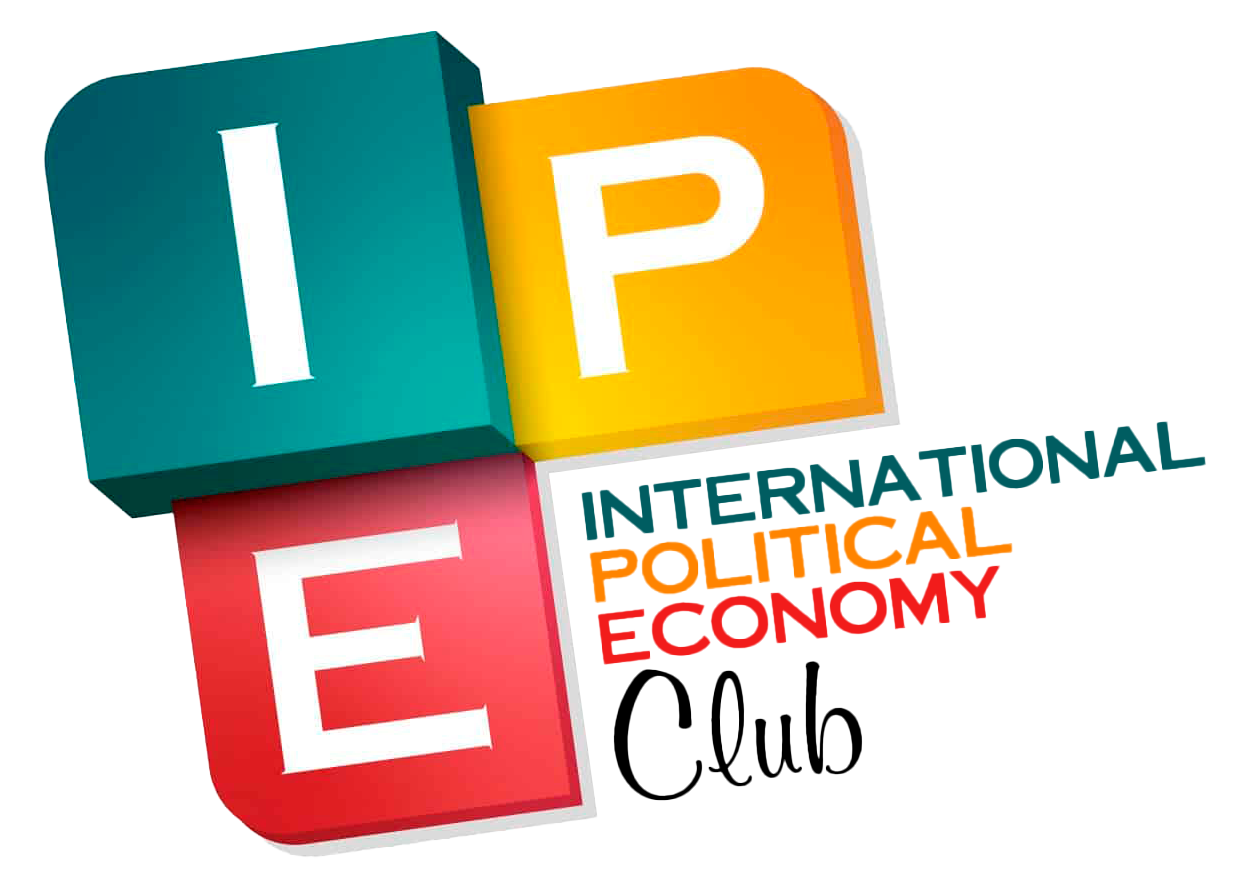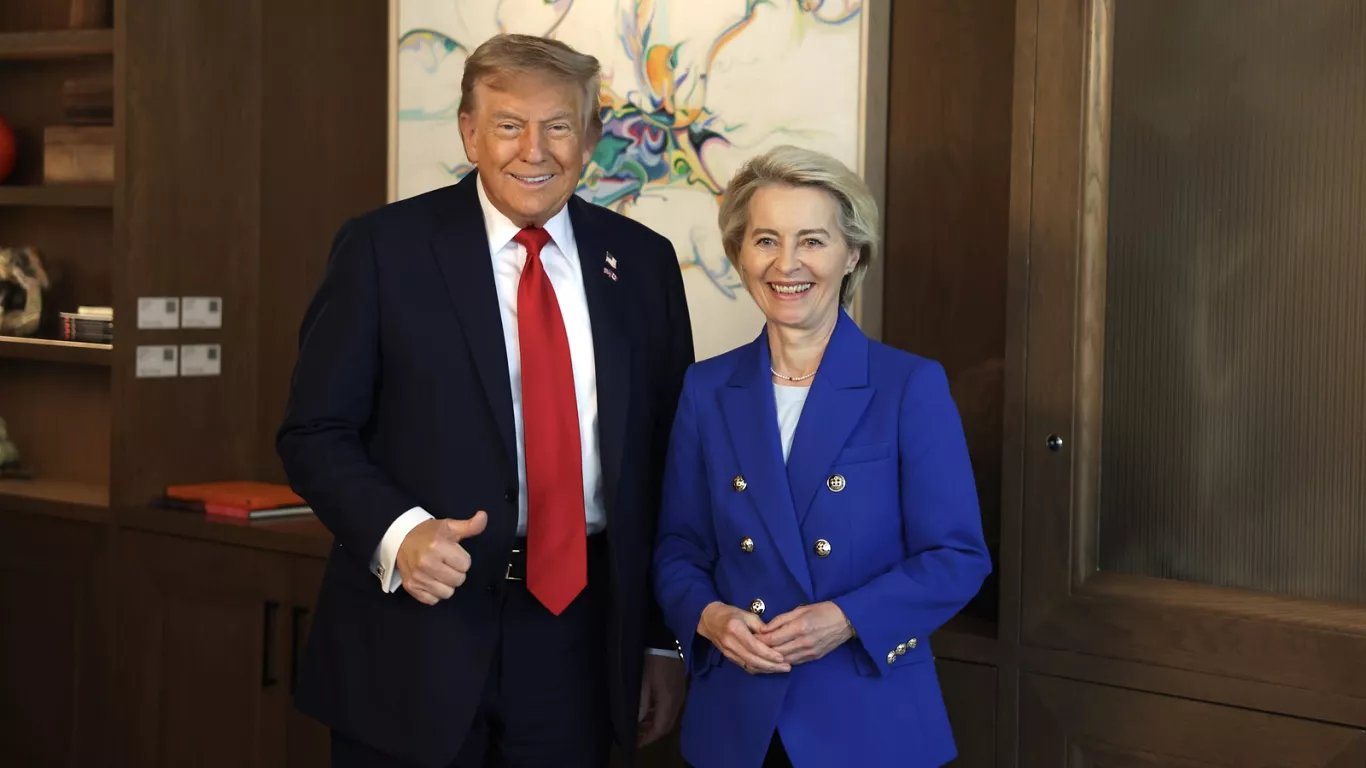At the recent G7 summit in Canada, European Commission President Ursula von der Leyen issued a stark warning about China’s growing economic influence, calling it a major threat to global trade stability. Her remarks were part of a broader push to rally support for a coordinated international response to what she described as a pattern of economic coercion and market manipulation by Beijing.
Von der Leyen specifically pointed to China’s overwhelming dominance in the supply and processing of rare earth elements — essential components for high-tech industries — accusing Beijing of leveraging this control to pressure and manipulate trading partners.
“China is not just holding a strong position in rare earths; it’s weaponizing that dominance to gain advantage in key sectors,” she said during a closed-door session focused on global trade resilience.
She cited China’s recent export restrictions on several rare earth minerals, a move seen as retaliation amid broader trade tensions, and warned that even if such limitations are eased, the underlying risks remain. “This is a new kind of China shock,” von der Leyen said, referencing the disruptive effects of China’s economic policies on global markets.
She called for the G7 nations to build a joint framework of “trusted suppliers” to reduce dependency on Chinese materials and protect key industries from future supply chain shocks. “Only a united front can shift the balance and pressure Beijing to act more responsibly within the international system,” she argued.
Von der Leyen didn’t stop at raw materials. She accused China of intentionally flooding global markets with state-subsidized products—such as electric vehicles—which she said distort competition and threaten manufacturing in other countries. She suggested these practices are a deliberate strategy to dominate global supply chains, not the outcome of fair market forces.
Addressing the broader context of trade imbalances, von der Leyen blamed the roots of today’s challenges on China’s entry into the World Trade Organization in 2001. That move, she argued, introduced massive low-cost production into global markets without adequate safeguards, leading to job losses and manufacturing decline in both Europe and the US.
“China still claims developing country status, but its behavior is that of a major economic power exploiting the rules,” she said. “This isn’t genuine competition — it’s targeted distortion.”
Her remarks appeared carefully crafted to resonate with Donald Trump, who was present for part of the summit before leaving early due to escalating tensions in the Middle East. Von der Leyen directly addressed him in her comments, backing his critical stance on China and underlining shared concerns.
“Donald is right — there is a serious issue here,” she said, calling for deeper transatlantic cooperation to confront the challenge.
Following earlier months of tense and fragmented communication, von der Leyen and Trump recently reconnected through a high-level phone call, triggered by Trump’s push for “reciprocal tariffs” aimed at rebalancing trade relationships. The call paved the way for renewed EU-US negotiations, with both sides agreeing to accelerate efforts to reach a deal before a 9 July deadline.
However, insiders suggest that significant policy gaps remain, and the timeline may need to be extended. Despite the uncertainties, von der Leyen struck an optimistic tone.
“We’ve instructed our teams to move fast and secure a fair deal,” she posted on social media alongside a photo with Trump. “Let’s get it done.”


